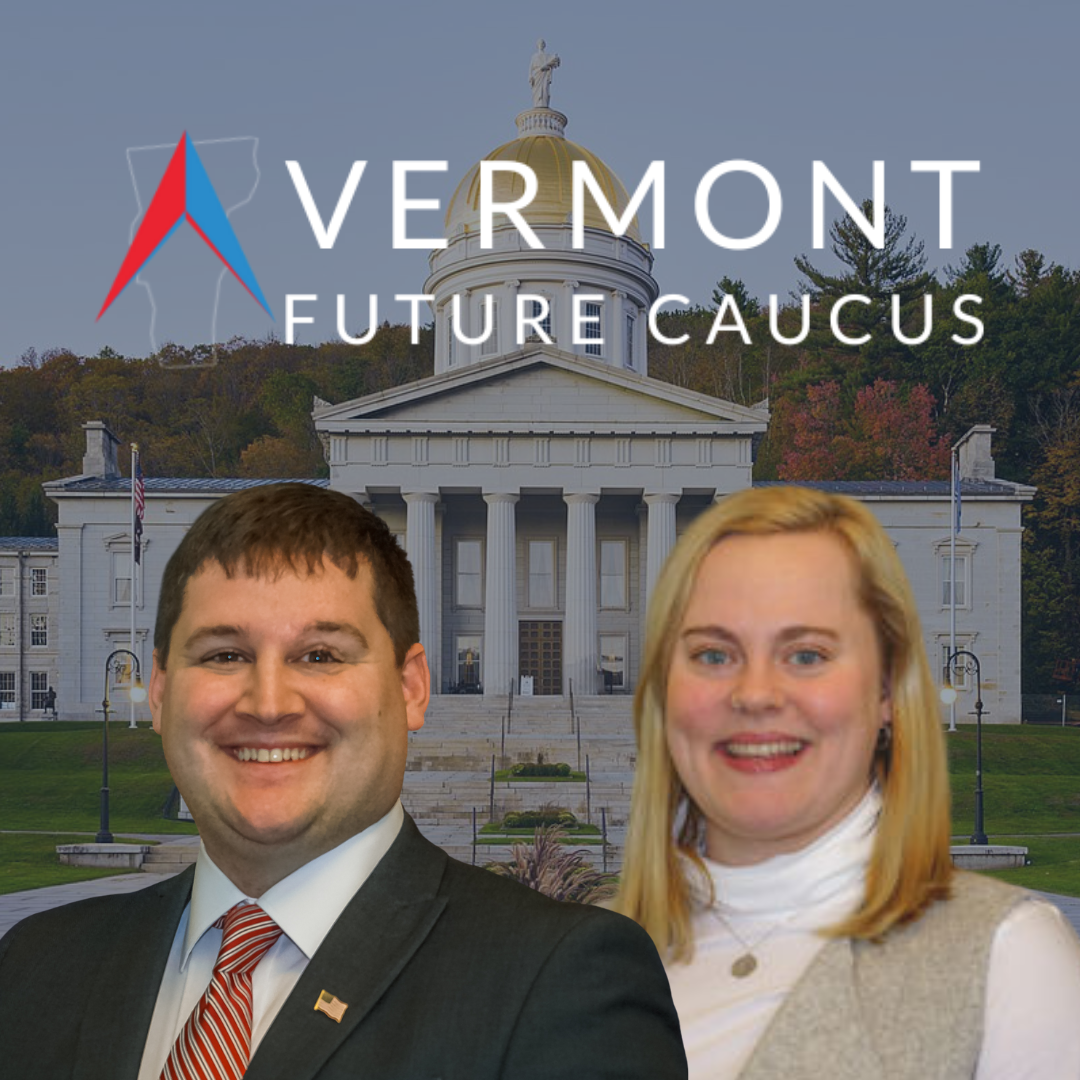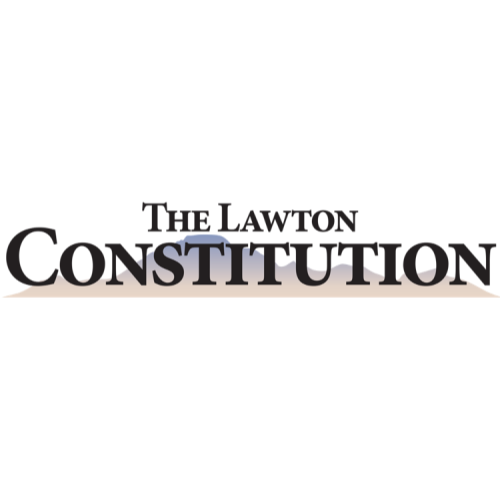Millennials – the country’s largest and, arguably, most polarizing generation of people – thrive the most in states such as Washington, Massachusetts and Utah, according to a new analysis by WalletHub, a personal finance website.
The key to fixing political polarization is in the primaries
Is Bipartisanship Desirable?
There’s no denying that toxic polarization has made it increasingly difficult for policymakers to work together to solve problems. Yet, we need our leaders to address the many seemingly intractable problems that our country faces: issues like climate and energy, jobs and the economy, health, or education.
Vermont Future Caucus Relaunch
Readout: Secretary Walsh Launches Series of US Department of Labor Retirement Security Reform Roundtables, Welcomes New Stakeholders' Views
State Rep. John Michael Parker, D-101, announces reelection bid; points to constituent service
Some state lawmakers calling it quits, can’t afford to serve
Younger Lawmakers Leaving Statehouses For Better Pay, Work-life Balance
MILLENNIAL ACTION PROJECT ANNOUNCES NEW CHIEF PROGRAM OFFICER & POLICY DIRECTOR
Current political criticism reason younger citizens are running for political office
MILLENNIAL ACTION PROJECT ANNOUNCES NEW GEORGIA CAUCUS CO-CHAIRS Reps. Clark and Sainz to Lead Bipartisan Network of Young Policymarkers in the State
On Thursday, March 17, the Millennial Action Project (MAP) announced the new leadership of the Georgia Future Caucus in the Georgia state legislature. Co-chairs Rep. Jasmine Clark (D-108) and Rep. Steven Sainz (R-180) will lead the Georgia chapter of a bipartisan network of over 1,600 young policymakers nationwide.
RECAP: Millennial Action Project Hosts 3rd Annual National Week of Action
Last week, March 14-18, the Millennial Action Project (MAP) convened policymakers across the country for its 3rd annual National Week of Action. Throughout the week, legislators met virtually and in-person for discussions, roundtables, and training focused on civic bridge-building and policy innovation to create solutions to our country’s most pressing challenges.
2022: State of the States: Focusing on the Future of Millennial Leadership
On Monday, March 14th, Layla Zaidane, President and CEO of the Millennial Action Project (MAP), delivered a State of the States address in partnership with Representative Sara Jacobs (D-CA) and Representative Blake Moore (R-UT), co-chairs of the Congressional Future Caucus. State of the States, similar to the State of the Union, casts a vision on the future of political collaboration and highlights how leaders are taking action today.
Millennial Action Project Announces Its 3rd Annual National Week of Action, Largest Bipartisan Gathering of Legislators Under 45
Wide Range of Constituencies Applaud President Biden’s State of the Union Address
9 Democrats, 9 Republicans Introduce Legislation to Reduce Polarization and Support Community Bridgebuilding
On Feb. 25, nine Republicans and nine Democrats in the U.S. House of Representatives introduced the Building Civic Bridges Act – bipartisan legislation to empower communities to tackle sources of division while assisting local civic and community organizations with ongoing efforts to address contentious issues and ultimately, bridge divides.
As Ukraine takes center stage in State of the Union, democracy reformers look at issues at home
When President Biden delivers his State of the Union address Tuesday night, he will undoubtedly speak at length about the crisis in Ukraine. Democracy reform advocates hope that subject will be a jumping-off point for a call to fix the American political system. Following is a collection of responses from reform leaders.
How a young Black legislator is inspiring inclusive policymaking
February is Black History Month — a time where we celebrate the accomplishments and triumphs of the Black community throughout American history. It is also a call to action, asking all Americans to be a part of the conversation about the pursuit of freedom and racial equity. These conversations can be challenging — as we know, in the United States, partisan and racial divides are complex.



















